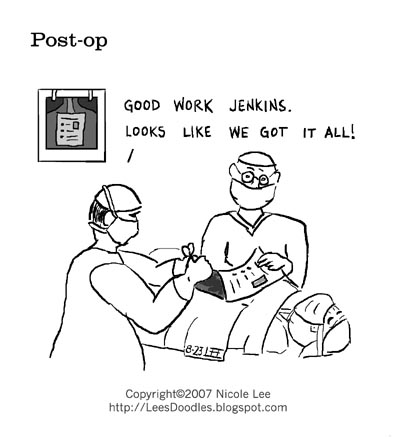We are to preach the Word, and if we do it properly, there will be a call to a decision that comes in the message, and then we leave it to the Spirit to act upon people -
Early in the 1970s Dr Martyn Lloyd-Jones was the speaker at a ministers' conference in the USA and at a question session was asked the following question:
Q During recent years, especially in England, among evangelicals of the Reformed faith, there has been a rising criticism of the invitation system as used by Billy Graham and others. Does Scripture justify the use of such public invitations or not?
A. Well, it is difficult to answer this in a brief compass without being misunderstood. Let me answer it like this: The history of this invitation system is one with which you people ought to be more familiar than anyone else, because it began in America. It began in the 1820s; the real originator of it was Charles G. Finney. It led to a great controversy. Asahel Nettleton, a great Calvinist and successful evangelist, never issued an "altar call" nor asked people to come to the "anxious seat." These new methods in the 182Os and were condemned for many reasons by all who took the Reformed position.
One reason is that there is no evidence that this was done in New Testament times, because then they trusted to the power of the Spirit. Peter preaching on the Day of Pentecost under the power of the Spirit, for instance, had no need to call people forward in decision because, as you remember, the people were so moved and affected by the power of the Word and Spirit that they actually interrupted the preacher, crying out, "Men and brethren, what shall we do?" That has been the traditional Reformed attitude towards this particular matter. The moment you begin to introduce this other element, you are bringing a psychological element.
The invitation should be in the message.
We believe the Spirit applies the message, so we trust in the power of the Spirit. I personally agree with what has been said in the question. I have never called people forward at the end for this reason; there is a grave danger of people coming forward before they are ready to come forward. We do believe in the work of the Spirit, that He convicts and converts, and He will do His work. There is a danger in bringing people to a "birth," as it were, before they are ready for it.
The Puritans in particular were afraid of what they would call "a temporary faith" or "a false profession." There was a great Puritan, Thomas Shepard, who published a famous series of sermons on The Ten Virgins. The great point of that book was to deal with this problem of a false profession. The foolish virgins thought they were all right. This is a very great danger.
I can sum it up by putting it like this: I feel that this pressure which is put upon people to come forward in decision ultimately is due to a lack of faith in the work and operation of the Holy Spirit. We are to preach the Word, and if we do it properly, there will be a call to a decision that comes in the message, and then we leave it to the Spirit to act upon people. And of course He does. Some may come immediately at the close of the service to see the minister. I think there should always be an indication that the minister will be glad to see anybody who wants to put questions to him or wants further help. But that is a very different thing from putting pressure upon people to come forward. I feel it is wrong to put pressure directly on the will.
The order in Scripture seems to be this - the truth is presented to the mind, which moves the heart, and that in turn moves the will.
D. Martyn Lloyd-Jones
Courtesy of Banner of Truth
Freedom
4 years ago


















